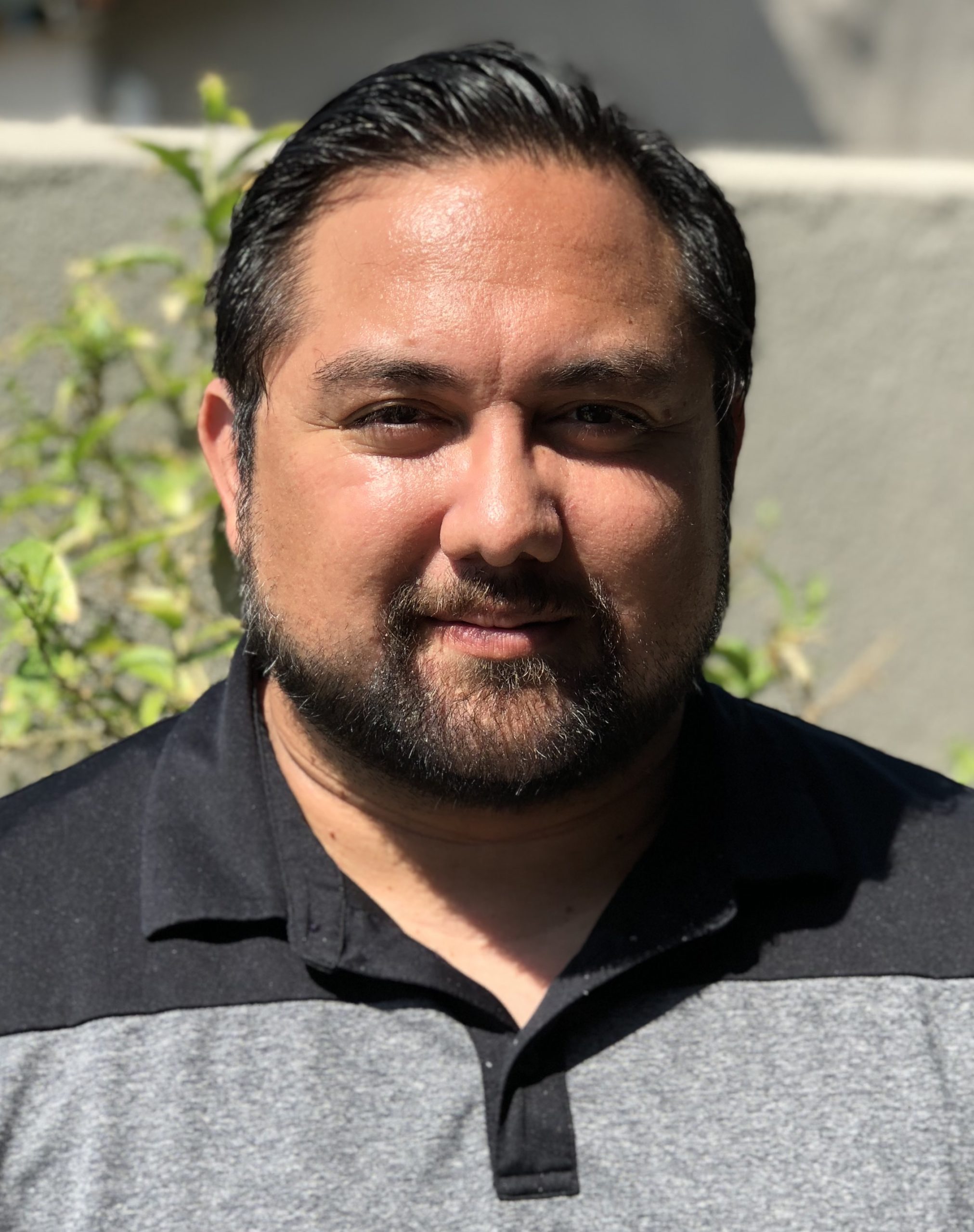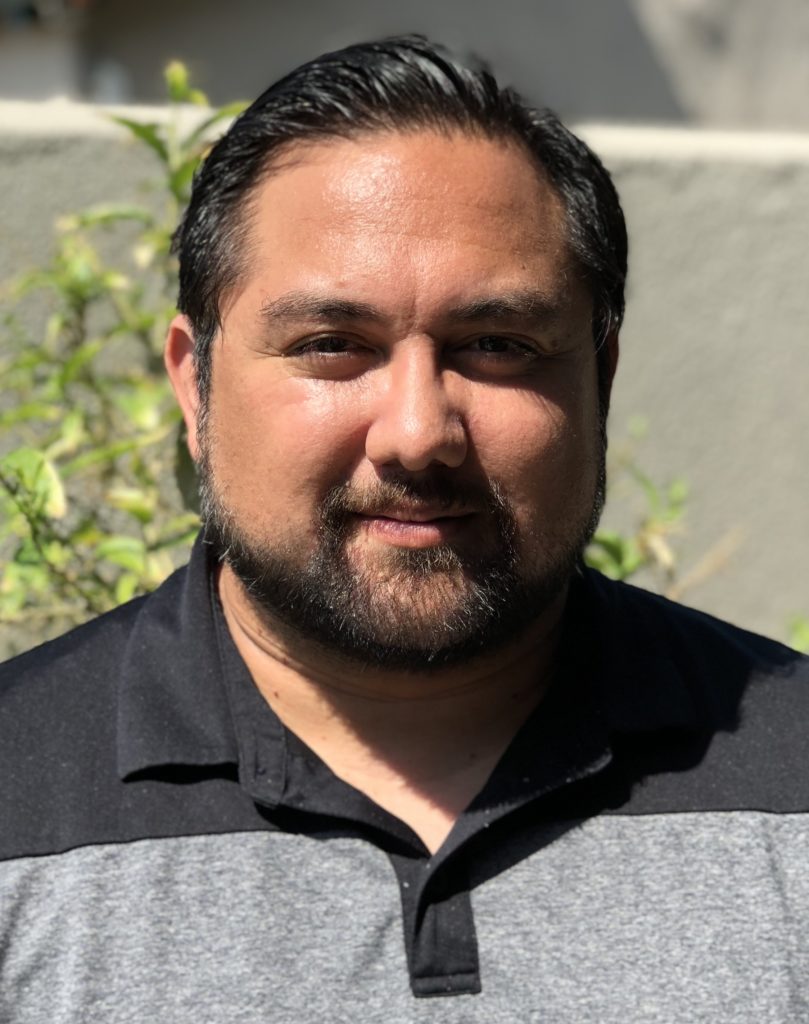CBT SoCal’s Dr. Jason von Stietz leads staff training on sport psychology


As awareness of athlete mental health needs is on the rise, it is important for psychotherapists to be knowledgeable of sport psychology and the needs of athletes. CBT SoCal’s Dr. Jason von Stietz recently led a staff training, which gave an overview of the field of sport psychology. Dr. von Stietz specializes in sport psychology and had a variety of training experiences including holding positions as a sport psychology intern at the Major League Baseball Youth Academy in Compton and sport psychology postdoctoral fellow at Whittier College. Dr. von Stietz is also currently a member of the International OCD Foundation’s Anxiety in Athlete’s Task Force.
What is the difference between sport science and clinical psychology?
The field of sport psychology is comprised mainly of professionals with training in sport science and or clinical psychology. Dr. von Stietz discussed the importance of being knowledgeable in both areas of study. For example, professionals trained in sport science have excellent training in how to teach athletes to use mental skills in a sport specific environment. Sport psychology professionals trained in clinical psychology, on the other hand, have the necessary training to help athletes suffering from severe performance anxiety, depression, and other mental health issues common to athletes. Education and training in both sport science and clinical psychology helps professionals to be able to distinguish between an athlete who is experiencing overtraining syndrome versus an athlete suffering from depression.
What are examples of sport psychology interventions?
Dr. von Stietz gave an overview of various approaches to helping athletes to perform in the upper range of their abilities. For example, CBT or mindfulness-based approaches that aim to help athletes to tolerate distress while focusing on the present moment are helpful, as athletes perform their best when they are focused on the task at hand. Dr. von Stietz also discussed the value of giving athletes the opportunity to practice their mental skills during fun activities. For example, Dr. von Stietz discussed his use of improvisational comedy games as a means of helping athletes to deal with psychological pressure while remaining focused on the task at hand.
If you are an athlete, coach, or parent of an athlete, and you would like to learn if sport psychology can help you, contact us for a free phone consultation.




